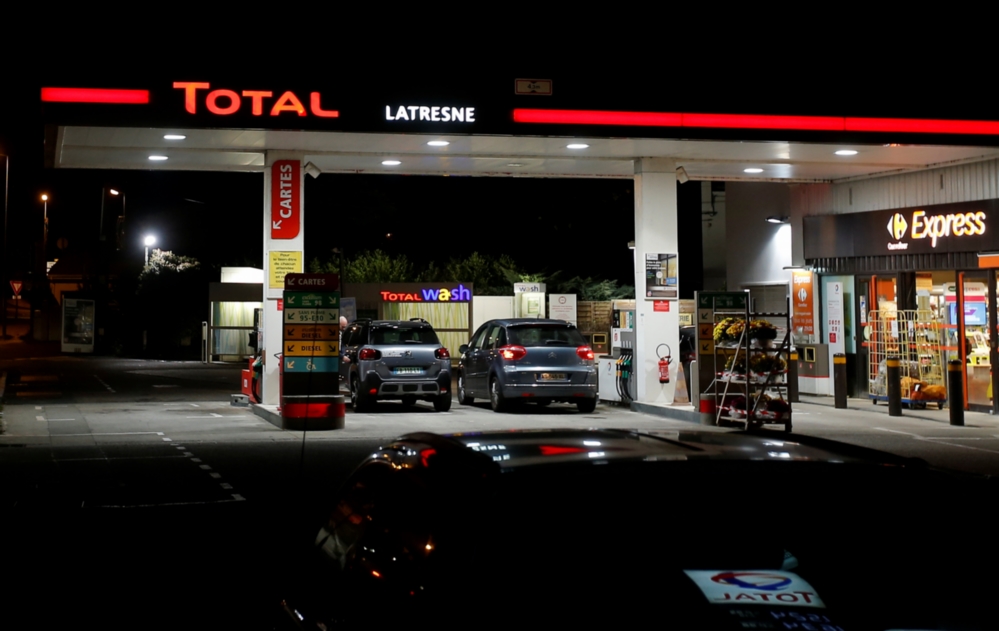Topline
With higher fuel prices driven by international shortages, a weaker Rand and years of excessive levy increases, reports are that the government in South Africa is set to announce further interventions on the petrol price as the country faces a potential record hike of R4 ($0.25) per liter on Wednesday, June 1.
Key Facts
The anti-corruption advocacy non-profit, The Organization Undoing Tax Abuse (OUTA), has called for South Africa’s Minister of Finance Enoch Godongwana to extend the R1.50 ($0.09) per liter temporary reduction of the general fuel levy beyond May 31.
“With this temporary fuel levy reduction of R1.50 intended to be reversed on May 31, we have asked the Finance Minister to consider the extension of this reprieve, failing which the price of petrol and diesel will increase to over R25 ($1.61) per liter in the coming months,” says OUTA CEO Wayne Duvenage.
In the lead up to tomorrow’s petrol price hike, the South African Petroleum Industry Association (SAPIA) hosted a media round table to explain the mechanics of how fuel prices are determined and what influences the cost at the pump for consumers.
In SAPIA’s statement, they stated that the fuel price in South Africa is regulated by the government and fuel price adjustments are effective on the first Wednesday of the month. The calculation of the new price is done by the Central Energy Fund (CEF) on behalf of the DMRE.
“The external factors move constantly and account for most of the monthly movements in prices and are outside the control of the industry,” SAPIA stated. “Movements in the Rand-based elements which are the internal factors, are subject to government control. The overriding rationale for the control of prices and margins should be to ensure that the various stakeholders in the industry earn fair returns. The returns should be sufficient to encourage investment in the industry, while not being such as to represent over-reward.”
In the open letter, OUTA has stated that by extending this reprieve, there is a possibility that Treasury could be set to lose around R2.8 billion ($181 million) per month. However, the organization says that they are sure the negative impact to the economy and Treasury will be significantly worse-off with petrol prices above the R25 per liter mark; “furthermore, we believe that situations of this nature provide you with an opportunity to put the people first.”
South Africa introduced the temporary R1.50 per liter relief for April and May with the hope that global energy prices would stabilize and that the two months would create enough of a buffer for local petrol prices to reduce at a more normalized rate.
According to Business Tech, however, crude has remained stubbornly high – above $120 per barrel – largely due to Russia’s ongoing invasion of Ukraine.
Crucial Quote
“The high fuel price has an ongoing negative effect on the economy, affecting a wide range of issues such as food prices and commuter costs,” OUTA said in their statement. “…the fuel levy reprieve in place for a longer period provides the Minister with an opportunity to seek greater public sector savings and encourage prudent spending habits.”
This is a developing story
